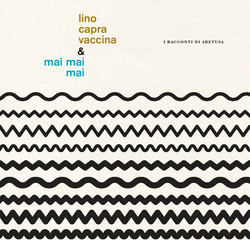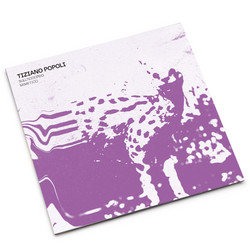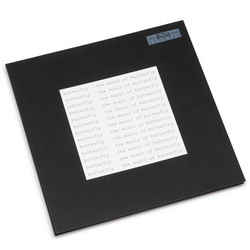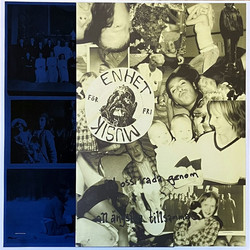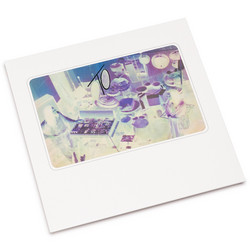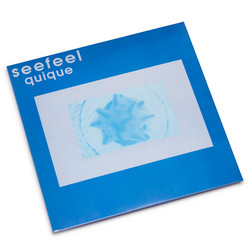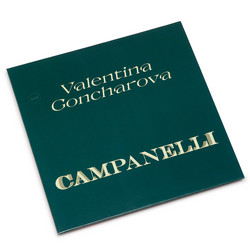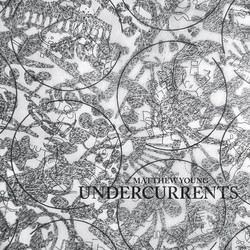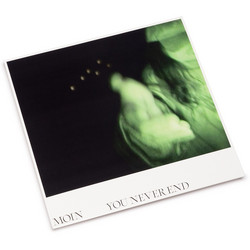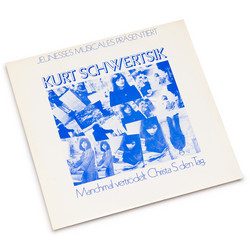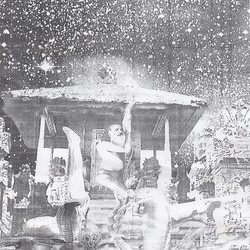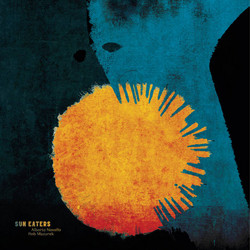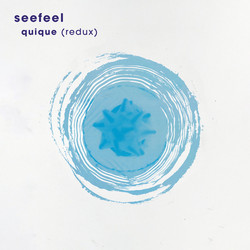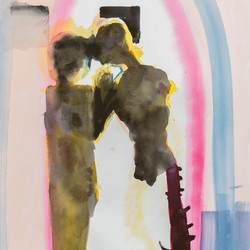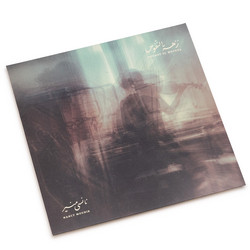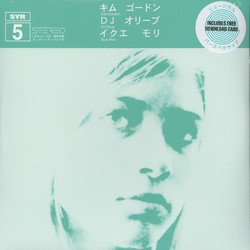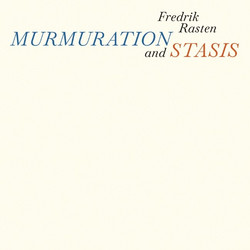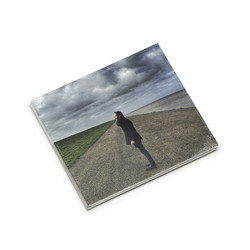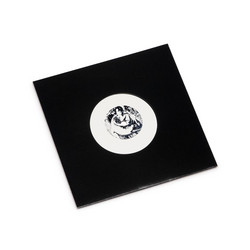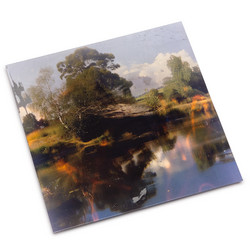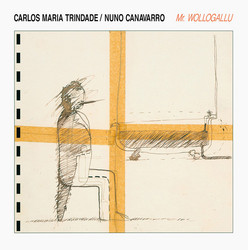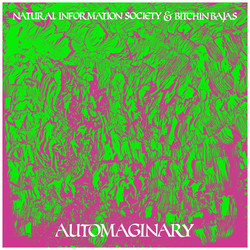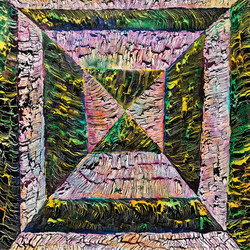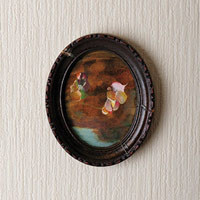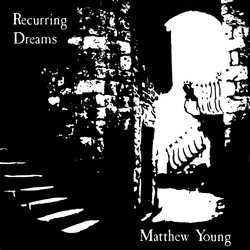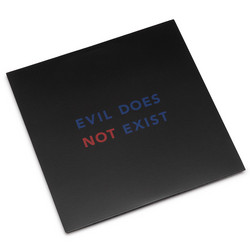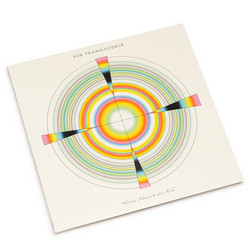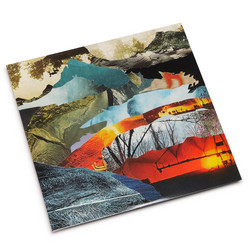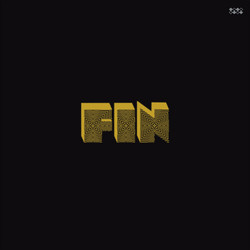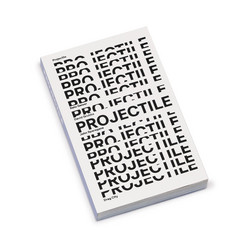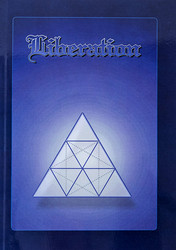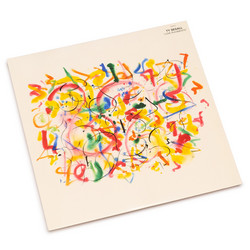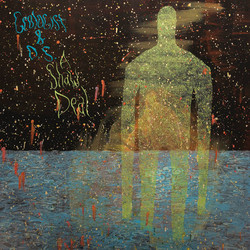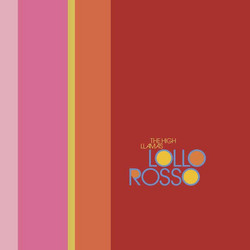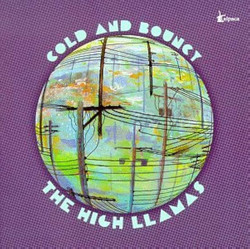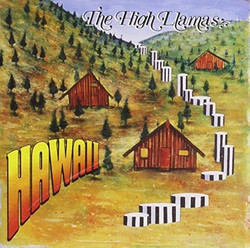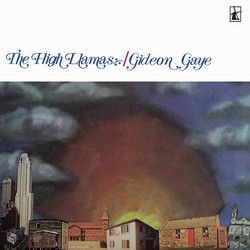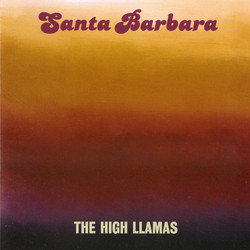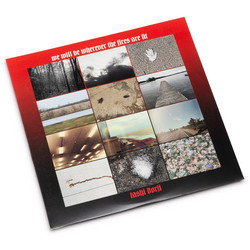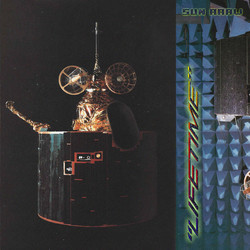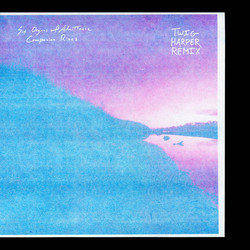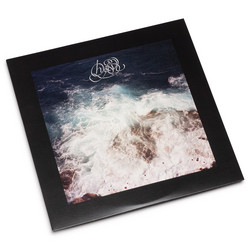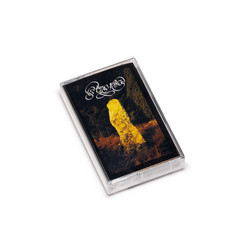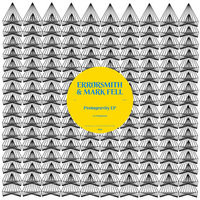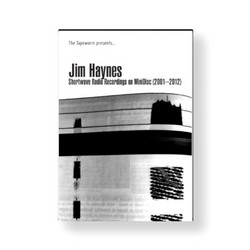* 2023 repress * When it comes to experimental music, particularly 20th century electronic and electroacoustic music, Portugal remains a relatively shadowy and mysterious realm. Very little is widely known about the country’s artists and the works they have produced, an unfortunate, lasting legacy of the Estado Novo dictatorship that blanketed the country under authoritarian, right-wing rule from 1933 to 1974. During a high period in the development of the idiom that witnessed artists from most of its European neighbours (with the obvious exception of Spain) enjoyed considerable institutional and cultural support, pioneers like Jorge Peixinho, Cândido Lima, Filipe Pires, and Álvaro Salazar were all forced to leave Portugal for studios like GRM in Paris, IPEM in Ghent, and CEMAMu in Vincennes, in order to adequately pursue their work. While broad attention still didn’t come their way, with the end of the dictatorship and the development of more accessible technologies, things began to change for a new generation of artists that arose during the 1980s. Making up for lost time, they produced a small catalog of truly visionary work, among the most striking of which was Nuno Canavarro’s Plux Quba, a stunningly singular LP of electronic and electroacoustic wizardry, originally issued in 1988 on the tiny imprint Ama Romanta.
While virtually unheard at the time, the album gained fame during the late '90s, when it was championed by Jim O’Rourke, and reissued on his own Moikai imprint. For many, it became regarded as among the greatest of the great. Thankfully, along the way, Drag City took up the cause, and now they’ve repressed this stunningly singular wonder and placed it back in our hands. Easily among the best and most important experimental electronic albums of the '80s, it’s an absolute must for every fan of adventurous sound.
Despite all the attention that Plux Quba and Mr. Wollogallu - his legendary collaboration with Carlos Maria Trindade - have received over the years, very little is known about the Portuguese composer Nuno Canavarro. He has, by all indications, chosen to remain relatively quiet, working in film for many years since the release of these now legendary endevors. Canavarro began his career within popular music, playing in Delfins - one of the more significant bands of the era - with his later collaborative partner Carlos Maria Trindade, but, like many of his predecessors, pursued most of his musical studies outside of Portugal, spending two years in at the Institute of Sonology at the University of Utrecht, in the years leading up to the emergence of Plux Quba.
Plux Quba was recorded at Canavarro’s home on an Ensoniq Mirage 8-bit sampler and a Fostex 8-track tape recorder, using an array of sound sources, before being released in a small edition oN Ama Romanta. Like the vast majority of Portuguese experimental music, the album remained largely unheard until it was rescued from the shadows via a reissue by Jim O’Rourke on his Moikai imprint in 1998, having been introduced to him by Christoph Heemann toward the beginning of the decade. Viewed retrospectively, Plux Quba can be seen to foreshadow an entire generation of work that would emerge in the hands of artists like Christian Fennesz, Oval, Mouse on Mars, Microstoria, C-Schulz, Mountains, and Oren Ambarchi, not to mention fellow countrymen like Rafael Toral.
Radical in every way, while Plux Quba foreshadowed so much of what was to come in the field of experimental electronic music, it also presents a striking bridge to the idiom’s past - particularly works of synthesis and tape-based work emerging from studios like GRM and EMS during the '60s and '70s, or the efforts of Robert Ashley and Brian Eno - while managing, remarkably, to sound entirely singular and unlike anything else. Sounds that defy easy location in their source - are they acoustic, synthetic, or samples taken from who knows where - ripple and collide across two staggeringly beautiful and creatively challenging sides, appearing elegantly simple and direct within the album's visionary structural complexity.
In the simplest terms, Canavarro’s Plux Quba is nothing short of a masterpiece; one of the greatest sonic accomplishments of the '80s by great lengths. This is experimental music in its greatest and most rigorous form, without losing a moment of seductive appeal. It’s as beautiful and listenable as it is challenging to the ear and mind, remaining relevant and forwarding thinking even after more than three decades.
